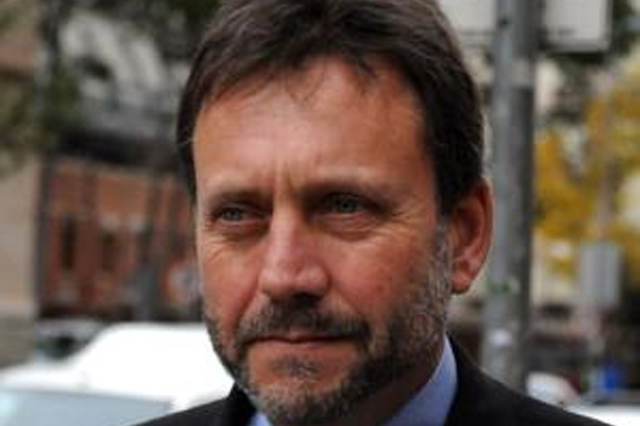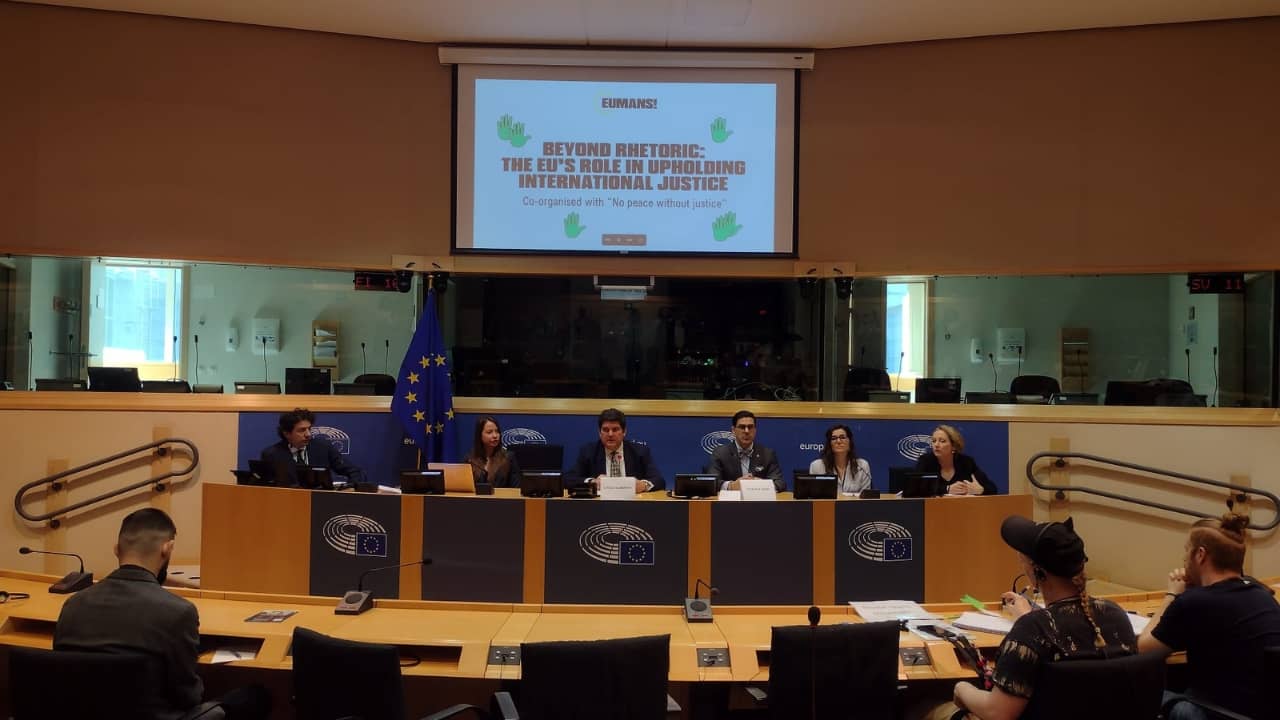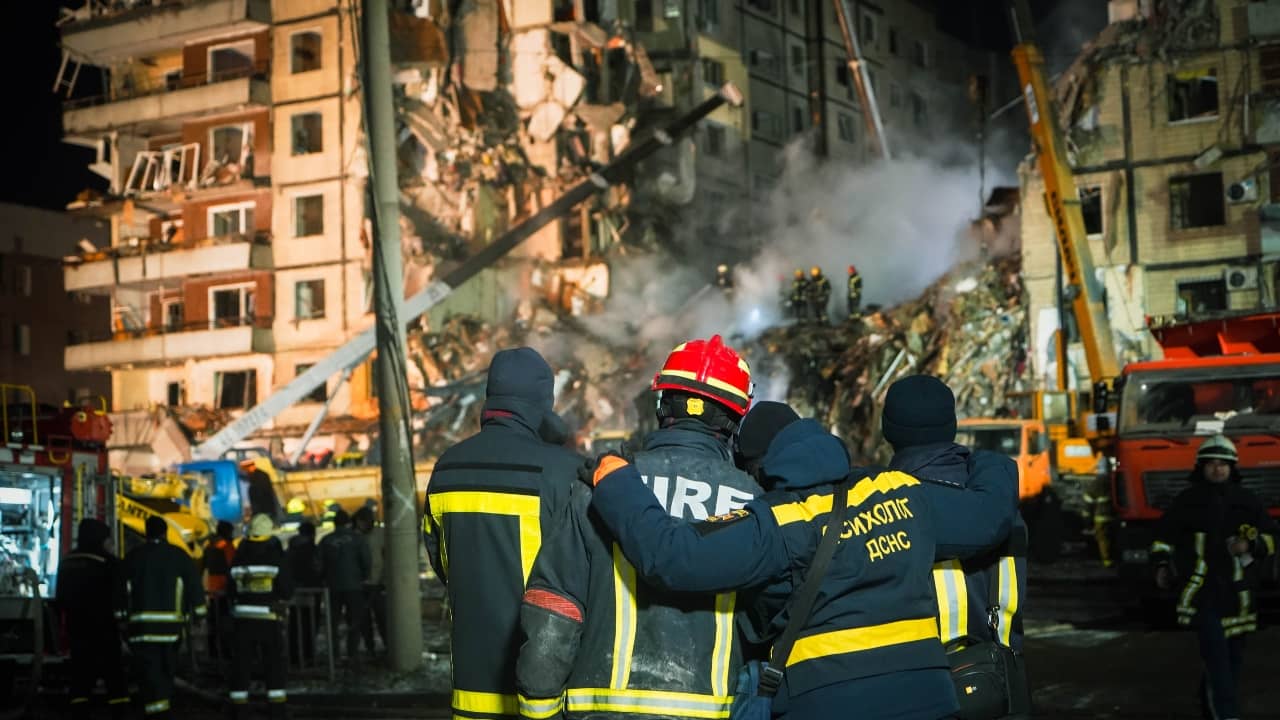
This article originally appeared on the website of DA South Arica on June 23, 2015
Hon. James Selfe recently joined PGA amidst the unfolding events around the neglect of the ICC arrest warrants, as well as the national Gauteng High Court orders, for the arrest of Omar Al-Bashir. During the debates in the South African people’s assembly on June 23rd, he has made the following contribution:
Madam Speaker, the weekend before last, South Africa played host to President Omar Al-Bashir. He is the subject of a warrant of arrest from the International Criminal Court (ICC) on five counts of crimes against humanity, involving murder, extermination, forcible transfer, torture and rape.
He is also wanted on two counts of war crimes – directing attacks against civilians and pillaging, and three counts of genocide. According to conservative estimates, he is thought to have been responsible for the deaths of 300 000 of our fellow Africans, and the displacement of more than 2.5 million, in the Darfur region.
South Africa is a signatory to the Rome Statute that established the ICC. Article 12(1) of the Statute obliges us to accept the jurisdiction of the ICC in respect of crimes against humanity, war crimes and genocide. Our obligations in this regard were codified in the Implementation of the Rome Statute of the International Criminal Court Act, 27 of 2002.
When the warrant was first issued in 2009, the then Director-General for International Relations and Cooperation, Dr Ayanda Ntsaluba, said the following –
If today, President Al-Bashir landed, in terms of the provisions of the Rome Statute, he would have to be arrested.
He went on to say –
The ICC has issued a warrant for President Al-Bashir and this requires signatory states to execute the warrant should he land on their soil….Not only that, our Parliament passed a law and that law is extremely explicit about what would happen if a situation like that happens.
That law was the Implementation Act, and it was debated in this Chamber on Tuesday 11 June 2002. On that occasion, Adv Johnny de Lange said, on behalf of the ANC, the following –
If there is some person somewhere who thinks that he or she can commit genocide or war crimes and hide in this country, this legislation will not allow that. There is an obligation upon our prosecuting authority to prosecute such a person.
Another very important principle spelled out in this legislation is that heads of state, heads of government and members of parliament will not be able to raise a defence that they are heads of state.
Then the hon Landers, now elevated to the position as Deputy Minister of International Relations, said in the same debate –
I reiterate, for perpetrators of genocide, crimes against humanity and war crimes, the world has just become a small place, and the number of safe havens has been drastically reduced.
Well under his watch, and presumably with his concurrence, the Deputy Minister made the world a bigger place for President Al-Bashir, and provided a convenient safe haven for him to escape arrest.




